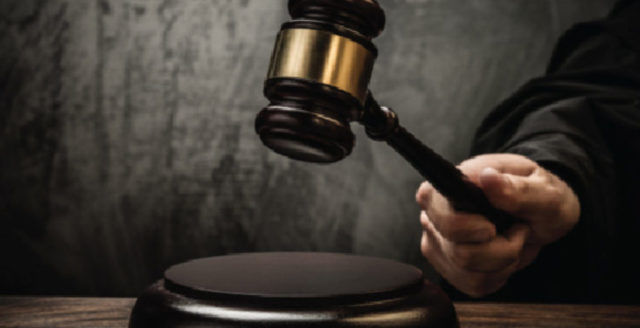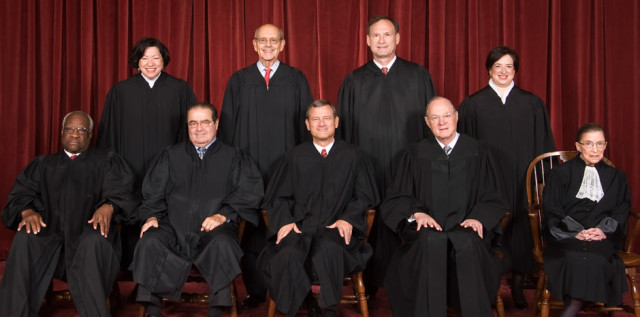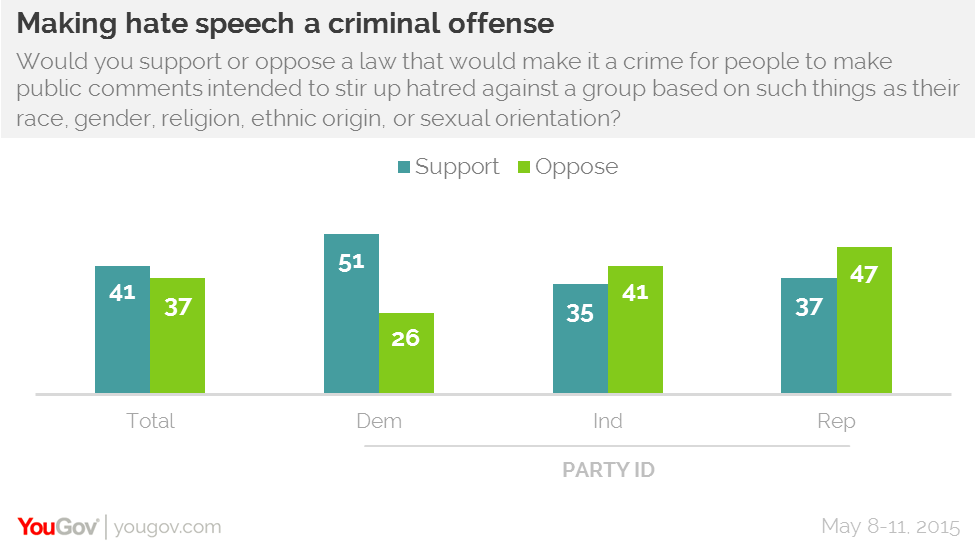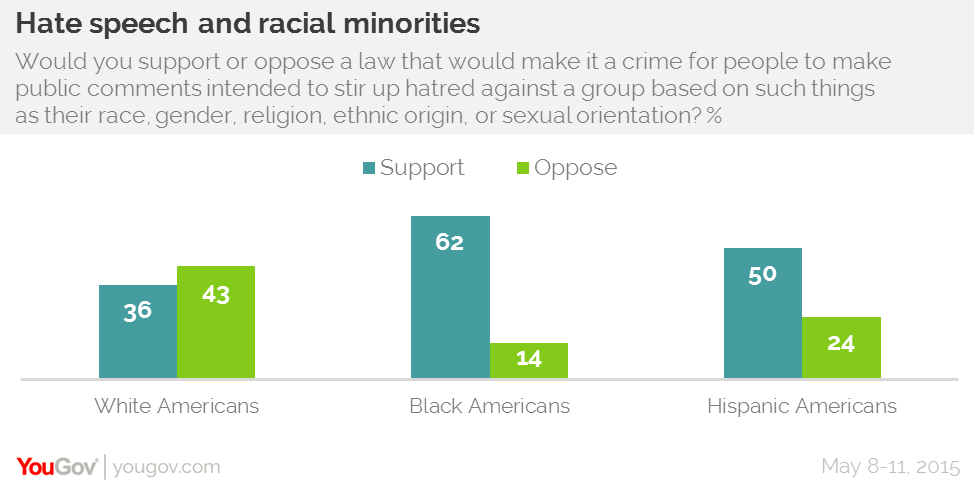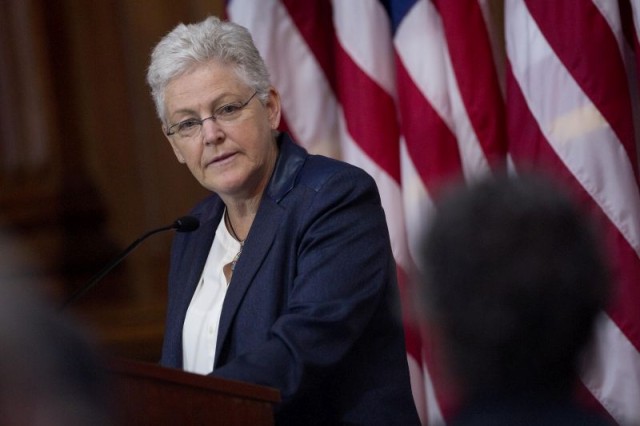Judicial Secularists Attack Religious Freedom
On June 7, the U.S. District Court of the Middle District of Florida dealt the latest blow to religious freedom in our country.
The case arose from a request by Cambridge Christian High School, which had earned the opportunity to compete in the 2A division playoffs finals, to use the stadium’s public announcement system in prayer prior to the beginning of the game. The team’s opponent was another Christian school equally devoted to serving God and to conducting itself in His image with every activity it undertakes.
Citing issues of potential coercion and fearing that such prayer might be offensive to others, Dr. Roger Dearing, the executive director of the Florida High School Athletic Association (FHSAA), declined the request.
Of course, in so doing, Dr. Dearing dismissed the fact that the same FHSAA had approved such a request in 2012. He also dismissed the national tradition of engaging in prayer prior to the start of a football game. And most astoundingly he ignored that both teams, meaning all parties involved, wished to engage in a unified prayer as one community under Christ.
Following the denial, Cambridge Christian brought the case to the judiciary for consideration. After all, they weren’t asking for the announcer to lead everyone in prayer. They weren’t asking for the FHSAA to buy new equipment. They weren’t even asking for the game to be delayed for one moment because, in point of fact, the two teams were going to pray on the field and in front of the fans anyway.
No. The only question they were asking was, “Hey, man, can I borrow your microphone?”
Court predictably quashed religious freedom
But almost predictably, the court ruled against religious freedom citing issues of perceived endorsement of religion by government and of the infringement praying might have on the rights of others (yes, this is not a misprint).
Every time I learn of a case like this, I am baffled at the extent to which the state squashes the public’s ability to pray in an open forum merely because of government’s presence. This catastrophic road upon which the Supreme Court of the United States has placed us suppresses our right to worship and to pay reverence to God — in direct violation of the original intent First Amendment. It ignores the spiritual aspects of human existence, and most importantly, casts aside the foundational roles of religion and religious worship in our nation’s birth.
Repeatedly, I am told that the reason for following this road is the wall of separation between church and state espoused by Thomas Jefferson in his letter written on the first day of 1802 to the members of the Danbury Baptist Church.
But there is so much that runs counter to this assertion.
First, President Jefferson’s comment was completely extrajudicial in nature.
Second, the concept of a wall of separation between church and state has been tainted by the agenda-driven nature of the Supreme Court’s 20th-century opinions. Following the 19th-century Court’s introduction of Jefferson’s wall into the legal corpus, the first two 20th-century cases invoking it did so in an effort to keep the government from interfering with state-based, religious-supporting programs.
But in 1947, the Court changed direction to one that would inhibit, rather than support, religious worship. With its McCollum decision, the court prohibited Bible verses from being recited in public schools, and later, it struck down prayer in schools as well as the observance of even a bland and neutral moment of silence.
The subsequent deterioration in the nation’s moral posture and the breakdown in the family as a central societal unit are the predictable consequences of these actions.
An alternative route ensuring freedoms
But lost in these recitations is the overt bias the Court displayed in selecting Jefferson’s wall of separation in its interpretation of the First Amendment.
Let’s consider a few similarly applicable observations made by some of the nation’s foundational greats in equally extrajudicial fashion. George Mason, in writing the Virginia Bill of Rights, wrote, “all men are equally entitled to the free exercise of religion, according to the dictates of conscience; and. . . it is the mutual duty of all to practise Christian forbearance, love, and charity toward each other.” His proposed amendment was subsequently approved by the Virginia legislature, the same legislature Madison and Jefferson inhabited — a far greater weight of influence than one man’s personal letter.
Based on Mason’s language, would it not have been more appropriate for a 20th century court to hold that in interpreting the First Amendment we should recognize that our nation was created with the purpose of guaranteeing that all men be able to engage in Christian forbearance? If so, wouldn’t using a public microphone for spontaneously requested prayer be not only allowed, but encouraged?
Or how about using John Marshall, the most prolific justice in the history of the Supreme Court? When asked about the nexus of Christianity and the nation’s government, he wrote in a letter, just like Jefferson did, that, “The American population. . . is entirely Christian, and with us, Christianity and religion are identified. It would be strange indeed, if with such a people, our institution did not presuppose Christianity.”
Consequently, wouldn’t a more appropriate truism for the Supreme Court to follow in its interpretation of the First Amendment be that the United States of America, through its foundation and its culture, presupposes Christianity?
Or consider the observation made by Justice Joseph Story, one of the early members of the Supreme Court, who extra-judicially wrote, “My own private judgment has long been (and every day’s experience more and more confirms me in it) that government cannot long exist without an alliance with religion to some extent; and that Christianity is indispensable to the true interests and solid foundations of free government.”
From this, wouldn’t a more appropriate guide for the interpretation of the First Amendment be that Christianity is indispensable to the true interests, foundations, and existence of these United States of America?
Back the need for a legislative override
If any of these guides had been adopted instead of, or perhaps in addition to, Jefferson’s wall of separation, imagine how different American jurisprudence would be as it relates to religious liberty and our freedom to worship! Sharia law would be an impossible legal threat, and the concepts of love for one’s neighbor and respect for the dignity of man would be freely taught in our schools under the direct supervision of the community’s parents.
From this analysis a few conclusions may be reached.
First, there is no inherent reason for Jefferson’s wall of separation, at least as the courts apply it today, to be the only compass in interpreting the First Amendment of the Constitution. So long as all religious views are respected, the government can peacefully cohabitate with worshipers be they Christian, Jewish, or any peace-loving faith.
Second, neither the people of this great nation nor its elected representatives selected the road our nation has traversed regarding religious liberty. Instead, it was embraced by an oligarchy of legalists unaccountable to the will of the people.
Consequently, if it is true that the Courts have interpreted the Constitution in a manner inconsistent with the will of the people, then isn’t it up to We The People, as the true purveyors of the Constitution, to override an opinion of such a Court and reverse an ill-conceived opinion? We know, through their writings, that at least Jefferson and Madison would think so.
Truly, the road we are following regarding our religious freedom is nothing short of harrowing. It has diminished our sense of morality and has curtailed our abilities to teach our children that there are things bigger than themselves.
It is time for our country to navigate back to the road built upon Christian forbearance; the same road that would lead us to the shining city on the hill.
RELATED ARTICLE: 2 Cases Threaten to Shut Down Public Prayer. Why the Supreme Court May Need to Act.
EDITORS NOTE: This column originally appeared on The Revolutionary Act.


